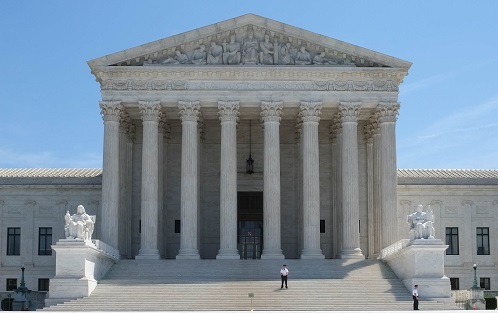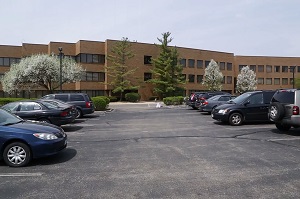
On Monday, May 13, the U.S. Supreme Court let stand a lower court ruling that politicians can legally forbid churches from expanding their ministries in order to maximize the government’s tax revenues. Justices declined to hear the case Tree of Life Christian Schools v. City of Upper Arlington.
What happened in the Tree of Life Christian Schools case?
Briefly, the Tree of Life Christian Schools serves 583 students, 44 percent of whom are ethnic minorities. A robust 99 percent of their graduates go on to attend college. The ministry’s primary purpose is “to assist parents and the Church in educating and nurturing young lives in Christ.”
 To further its impact, the school planned to double enrollment to 1,200 by consolidating its three campuses – two of which serve children from preschool through fifth grade, and one serves sixth grade through high school – into a central location.
To further its impact, the school planned to double enrollment to 1,200 by consolidating its three campuses – two of which serve children from preschool through fifth grade, and one serves sixth grade through high school – into a central location.
Tree of Life purchased the abandoned, 254,000-square-foot AOL/Time Warner building in the elite Columbus suburb of Upper Arlington, Ohio, in 2009. However, the city had warned the congregation before the purchase was finalized that its office park was zoned for commercial activity, and a school would not be permitted. Tree of Life proceeded with the purchase anyway before seeking legal permission to operate a school in that location. It then petitioned for a change.
Upper Arlington leaders declined to rezone the property for nonprofit use, because a commercial purchaser would generate more funds for politicians to spend. The school would “significantly diminish expected tax revenues per square foot due to relatively low salaries and low density of professionals per square foot,” they held. The case soon went to court.
U.S. District Judge George C. Smith, a Reagan appointee, ruled against the schools. A panel of the Sixth Circuit Court of Appeals overturned the ruling on the grounds that Religious Land Use and Institutionalized Persons Act (RLUIPA) – which passed both houses of Congress unanimously and was signed into law by President Bill Clinton in 2000 – “does not allow the government to treat more favorably land uses that, like TOL Christian Schools, fail to maximize the government’s income-tax revenue.”
However, the full appeals court sided with the city, and the Supreme Court refused to intervene.
The Justice Department’s examples of potential RLUIPA bans include “a town, seeking to preserve tax revenues” that banned all nonprofit religious activity. It added that refusing a church “a permit to build an addition to accommodate more Sunday school classes, which it believes it needs to carry out its religious mission … may violate RLUIPA if the town cannot show a compelling reason for the denial” and that it is using the least restrictive means available.
Churches and nonprofits often clash with politicians, who balk at their tax-exempt status. Prudence dictates that the school should have secured government permission to use the building for its intended purpose before finalizing the purchase. (See St. Luke 14:28-30, St. Matthew 22:16-21, and Romans 13:1-7.) And one can sympathize with city officials. Upper Arlington is a wealthy residential community with just 4.7 percent of usable land zones commercial. AOL/Time Warner once provided 29 percent of the city’s funds.
But the government’s single-minded focus on obtaining the highest possible tax revenue is government-centered, short-sighted, and potentially discriminatory.
First, there is the revenue lost because the property is lying dormant. Tree of Life Christians Schools would have brought a total of 275 jobs into Upper Arlington, and the city “has already forfeited roughly $1 million in tax revenue” during its eight-year legal battle, according to the Alliance Defending Freedom.
However, the city misses a panoply of other direct and indirect economic benefits that churches provide.
Religious institutions benefit every aspect of the economy penetrated by their message of hope, love, and philanthropy. Faith-based institutions contribute at least $1.2 trillion in economic activity to the U.S. economy annually, according to one survey. Congregations offer a variety of effective social services to all members of the community, especially the most vulnerable. And Christian schools provide instruction in moral and religious principles that curb delinquency and social disintegration. While attending to its fiduciary responsibilities, the government of this wealthy suburb should see church activity as a benefit at least on par with providing cable television.
Politicians must understand that promoting their constituents’ well-being involves more than maximizing their own share of revenue.
(Photo credit: Tree of Life Christians Schools’ campus. Alliance Defending Freedom.)

